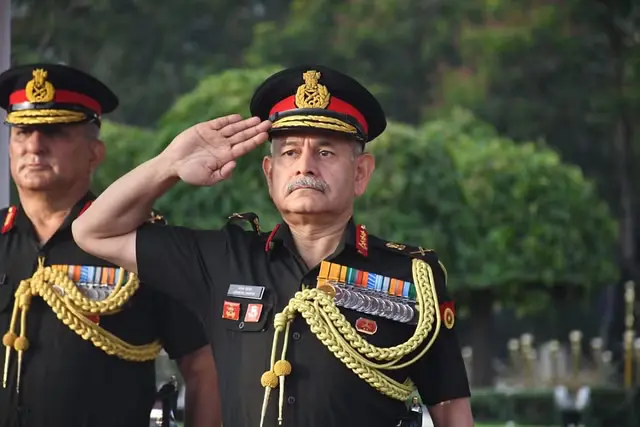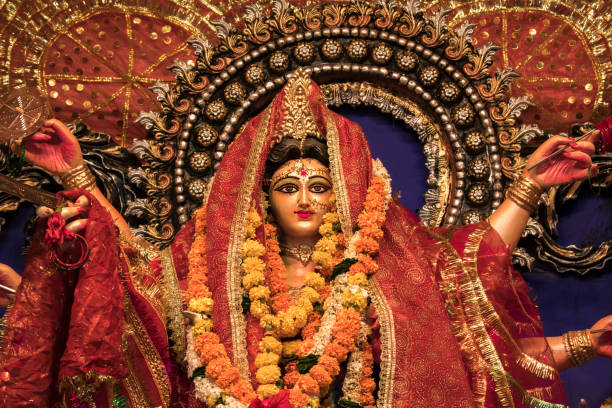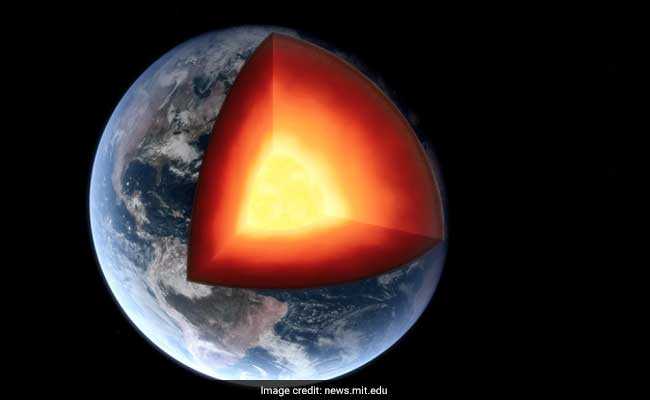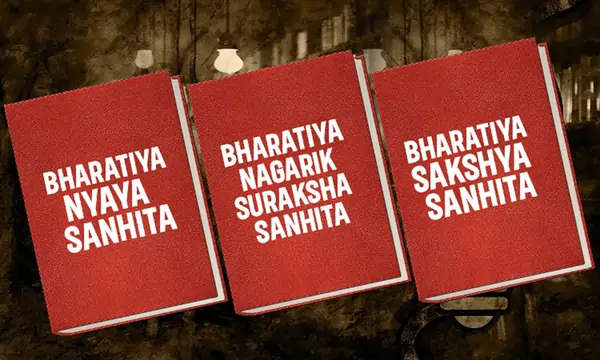ValdWHO IS VLADIMIR PUTIN?
Vladimir Putin is a prominent political figure who served as the President of Russia from 1999 to 2008, and then again from 2012 to 2024. He also served as Prime Minister from 1999 to 2000, and again from 2008 to 2012. Putin’s leadership has been characterized by his assertive foreign policy, particularly in the post-Soviet space, as well as his efforts to consolidate power domestically. He is widely considered one of the most influential leaders in contemporary global politics.
Introduction:
Vladimir Putin’s recent victory in the Russian presidential election has once again reaffirmed his dominance in Russian politics. With a landslide victory, Putin secures another term, extending his already lengthy tenure as one of the most influential figures in global politics. His re-election signifies not only continuity in leadership but also raises questions about the future trajectory of Russia’s domestic and foreign policies.
Consolidation of Power:
Putin’s re-election underscores his ability to consolidate power within Russia. Throughout his tenure, he has adeptly navigated the complexities of Russian politics, solidifying control over key institutions and maintaining a firm grip on the levers of power. His political machinery, bolstered by support from various sectors of society, has enabled him to assert his authority and quell dissent effectively.
Continuity in Policy:
Under Putin’s leadership, Russia has pursued a robust foreign policy agenda, asserting itself on the global stage as a major player in geopolitical affairs. From intervention in conflicts such as Syria to assertive actions in regions like Ukraine and Crimea, Putin has consistently pursued policies aimed at advancing Russia’s interests and projecting its influence internationally. His re-election suggests a continuation of these policies, with potential implications for regional stability and global dynamics.
Challenges Ahead:
Despite his overwhelming victory, Putin faces a series of challenges both at home and abroad. Domestically, economic stagnation, corruption, and social inequality remain pressing issues that require attention. Internationally, tensions with Western powers, particularly the United States and European Union, continue to simmer, posing challenges to Russia’s diplomatic efforts and global standing.
The Road Ahead:
As Putin embarks on another term in office, the road ahead is fraught with both opportunities and challenges. His ability to address domestic concerns while navigating complex international dynamics will shape Russia’s trajectory in the coming years. Moreover, questions linger about succession planning and the long-term future of Russian politics beyond Putin’s tenure.
Conclusion:
Vladimir Putin’s re-election marks a continuation of Russia’s political landscape under his leadership. With a firm grip on power and a track record of assertive policies, Putin remains a dominant figure in global politics. As Russia navigates the complexities of the modern world, the implications of Putin’s continued rule extend far beyond its borders, shaping the geopolitical landscape for years to come.












+ There are no comments
Add yours